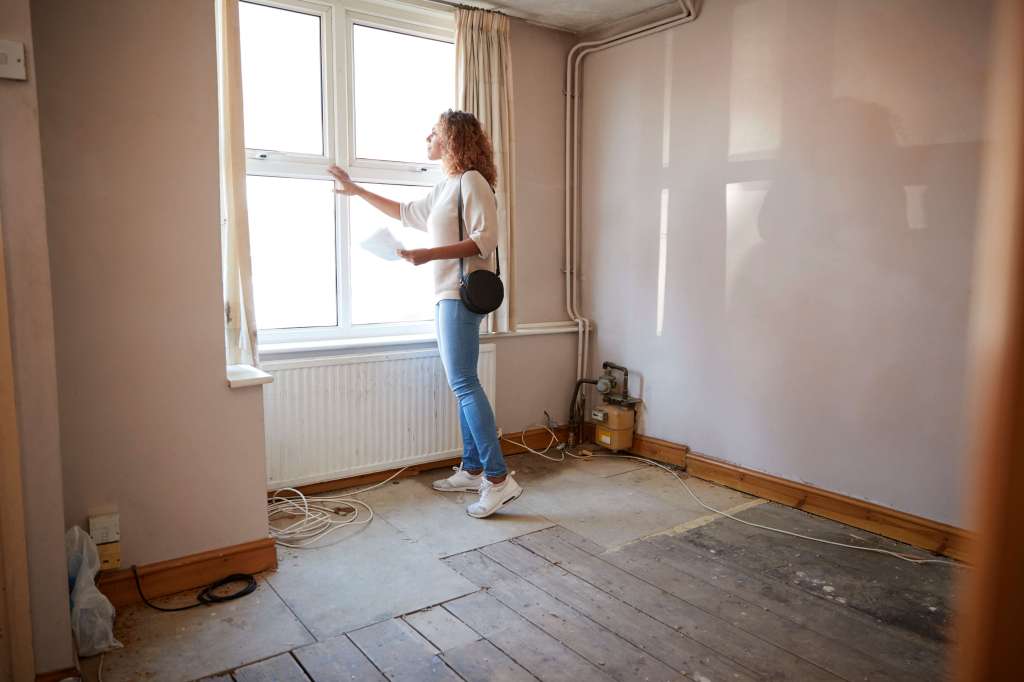Each year, there are a number of new buy-to-let tax changes landlords should be aware of.
And with Simply Business research showing 47 per cent of landlords see rising taxes as one of their greatest challenges, it’s crucial to keep up to date with the latest tax rules to manage your finances accordingly.
From income tax rates and stamp duty rises, to capital gains tax and furnished holiday lets tax changes, here’s a run-down of what to watch out for.
5 new buy-to-let tax rules for landlords
Here’s an overview of all the latest landlord tax changes you need to be aware of:
1. Tax on buy-to-let – rates for 2025
So what exactly are the individual income tax rates and bands for 2025? Your personal allowance is the amount you can earn before you start paying income tax.
Currently this is £12,570, and it’s been frozen until 2028. The government confirmed as part of the Autumn Budget 2024 that the freeze will be lifted from 2028-29. When tax bands rise in line with inflation, it generally leads to lower tax bills.
For the 2024-25 and 2025-26 tax years, landlords will pay 20 per cent tax on buy-to-let income between £12,571 and £50,270.
The higher rate threshold for rental income is £50,271, which is the point at which you start paying 40 per cent tax on your profits over this threshold.
The additional rate (45 per cent) threshold is £125,001 and above.
Read more: Tax on rental income – a complete guide to landlord tax
2. Stamp duty changes – higher rates for landlords
Buyers of second properties (including landlords) have to pay a stamp duty surcharge.
As of October 31 2024, the surcharge was increased to five per cent. It had previously been set at three per cent since 2016.
This means a landlord buying a property for £300,000 will now pay £17,500 in stamp duty. Before, they would have paid £11,500.
Stamp duty threshold to decrease in April 2025
It’s also important to note that from 1 April 2025, the stamp duty threshold will return to £125,000. It’s been set at £250,000 since October 2022.
Landlords buying properties after the threshold decreases in April will pay even more in stamp duty. The bill for a £300,000 property will increase by £2,500 to £20,000.
You can use the government’s stamp duty calculator to work out how much tax you’d need to pay when buying a rental property.
Read more: Stamp duty on second homes – the complete guide for landlords

3. FHL tax changes – owners to lose tax benefits
Announced in spring 2024, the furnished holiday lets (FHL) tax system will be scrapped from 6 April 2025.
The measure was put forward by the former Conservative government with the intention to “level the playing field” between holiday home owners and long-term landlords.
Currently, owners of furnished holiday lets – homes that are available to rent or booked throughout the year and well furnished – have a range of tax incentives.
These include:
- being able to offset holiday let mortgage interest against annual profits
- claiming for ‘capital allowances’, such as furniture that improves the property
- using Business Asset Disposal Relief to pay a lower CGT rate when selling a property
Read more: Furnished holiday let tax: a simple guide
4. What’s the latest on Making Tax Digital?
Making Tax Digital (MTD), the government’s initiative to make all tax returns digital, has faced a number of delays in recent years.
It was originally due to be introduced for all Self Assessment taxpayers in 2023, but is now set for 2026.
Landlords who earn more than £50,000 a year will have to submit their tax returns using Making Tax Digital compatible software from 6 April 2026.
Landlords who earn between £30,000 and £50,000 will need to start submitting via MTD from 6 April 2027.
And for those earning under £30,000 a year, the government confirmed as part of the Autumn Budget 2024 that it will expand MTD to those with annual income over £20,000 by the end of the current parliament.
Making Tax Digital has been in place for all VAT-registered businesses since 2022.
5. Changes to capital gains tax
When landlords sell a property, they usually have to pay capital gains tax (CGT).
In 2024, two in five (39 per cent) landlords told us they were looking to sell a property in the next 12 months. As a result, many will have been getting up to speed with capital gains tax rates and changes.
Starting in April 2023, the capital gains tax allowance (the amount you don’t have to pay tax on) has gradually been reduced from £12,300 to £3,000.
To offset this, the government reduced the capital gains tax rate for higher and additional tax rate payers selling residential property from 28 per cent to 24 per cent in April 2024.
Despite the lower rate, many landlords are facing higher CGT bills due to the significantly reduced tax-free allowance.
It was strongly rumoured that the government would increase capital gains tax rates for selling property as part of the 2024 Autumn Budget. However, in the end, property sales were excluded from a CGT rise.
How do you feel about the latest buy-to-let tax changes? Let us know in the comments below.
Guides for buy-to-let landlords
- How to get a buy-to-let mortgage: a simple guide
- A guide to buying property at auction
- Best buy-to-let areas
- What is landlord insurance?
Get set with tailored landlord cover
Over 200,000 UK landlord policies, a 9/10 customer rating and claims handled by an award-winning team. Looking to switch or start a new policy? Run a quick landlord insurance quote today.
